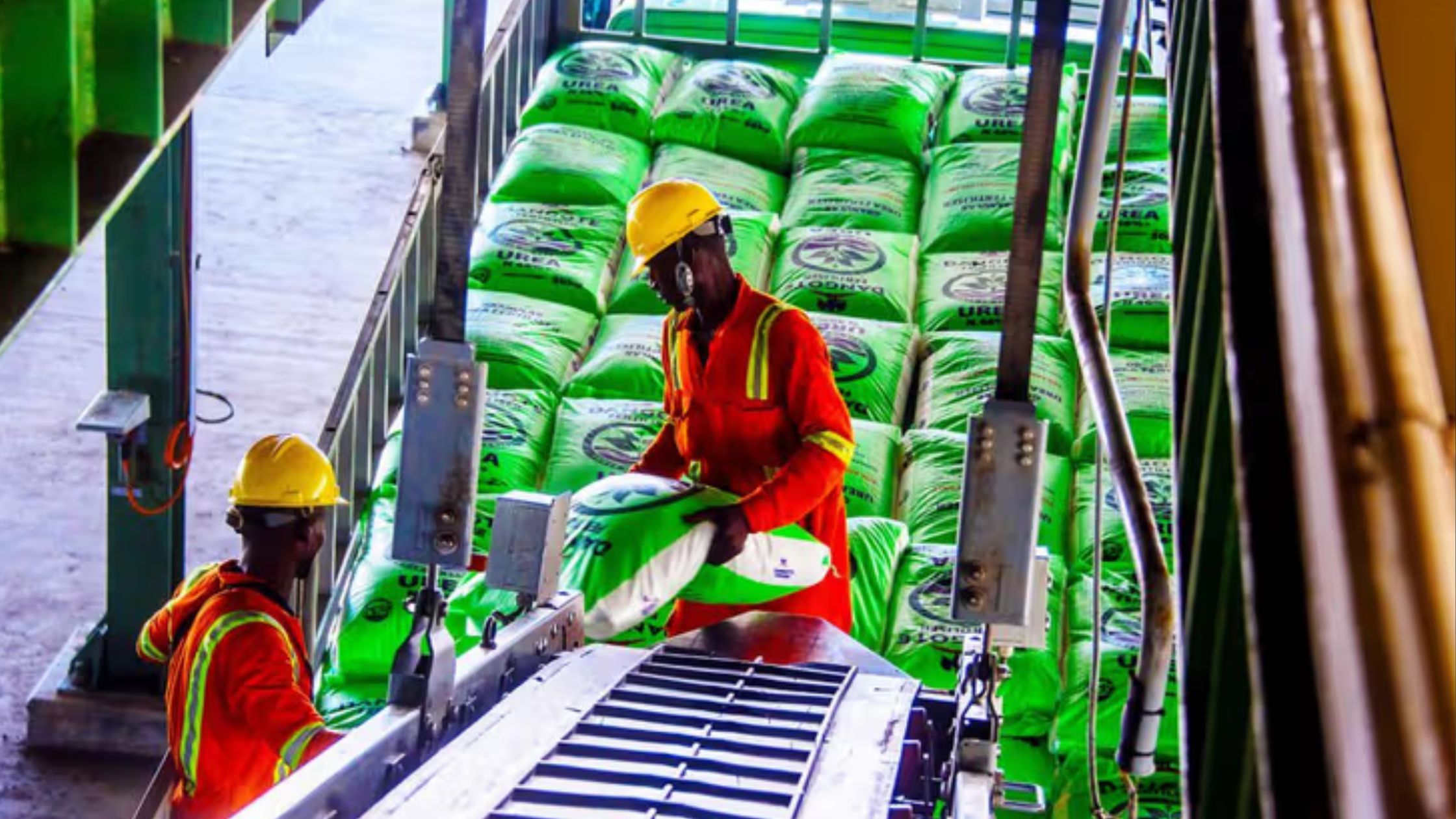Africa is on track to end its dependence on fertiliser imports within just 40 months, according to Nigerian billionaire and industrialist Aliko Dangote. Speaking at the Afreximbank Annual Meeting in Abuja on Friday, Dangote outlined an ambitious expansion plan for his $2.5 billion fertiliser plant located outside Lagos.
“In the next 40 months, Africa will not import fertiliser from anywhere,” Dangote said. “We have a very aggressive trajectory right now. We want to make Dangote the biggest urea producer in the world—bigger than Qatar.”
Currently, Africa imports over 6 million metric tons of fertiliser annually, a major obstacle for food security across the continent. Dangote’s expansion plan is expected to reduce this reliance, improve local agricultural productivity, and ease pressure on foreign exchange reserves—especially in Nigeria, where the naira’s weakness has made imports increasingly expensive.
🌱 A Fertiliser Revolution in the Making
At the center of Dangote’s vision is the Dangote Fertiliser Plant, the largest granulated urea complex in Africa, with a current production capacity of 3 million metric tons per year. Roughly 37% of that output is exported, mainly to the United States.
To meet his goal, Dangote will need to double current production, a task that requires significant investment in manufacturing capacity, logistics, and infrastructure. However, he remains undeterred by global trade conditions or geopolitical concerns—including tariff policies from the U.S. under Donald Trump, which he dismissed as a non-issue.
📈 Market Outlook: Bullish but Cautious
Industry experts view the global fertiliser market as bullish in the near term, with demand fueled by the push for food security and sustainable agriculture. But challenges remain.
“Any new fertiliser plant or expansion project faces cost overrun risks to the producer,” said Seth Goldstein, senior equity analyst at Morningstar Research.
“Transport infrastructure and port capacity are essential,” added Mikolah Judson, an analyst at global consultancy Control Risks. “In Nigeria, bottlenecks routinely delay various import and export projects.”
Dangote’s projects are no stranger to delays and budget overruns. His flagship Dangote Petroleum Refinery, Africa’s largest, faced several launch delays and exceeded its original budget. However, the refinery is now operational, and Dangote confirmed on Friday that he intends to list it publicly in 2026.
💼 Fertiliser Plant IPO Coming in 2025
In addition to the refinery listing, Dangote also revealed plans to list his fertiliser business on the Nigerian Stock Exchange this year, offering investors a chance to take part in what could become one of Africa’s most valuable industrial assets.
The move is expected to attract significant domestic and foreign investment, as the plant represents a critical link in Africa’s food supply chain and a potential hedge against currency volatility.
🌍 Implications for Africa’s Food Security
Fertiliser is vital to achieving self-sufficiency in food production, especially in Africa, where climate variability and poor soil quality present constant challenges. By ramping up domestic production, Dangote aims to stabilize prices, reduce dependence on imports, and empower local farmers.
His pledge comes at a time when many African governments are prioritizing food security, especially in the face of global supply chain disruptions, inflation, and geopolitical tensions.
🔍 Key Takeaways:
- Aliko Dangote says Africa will stop importing fertiliser within 40 months.
- His $2.5 billion urea plant outside Lagos will double production to reach that goal.
- Fertiliser demand is high, but infrastructure and cost risks remain.
- Dangote plans to list his fertiliser plant on the Nigerian Stock Exchange this year.
- The project is expected to boost food security and reduce FX burden across Africa.
As Africa continues to industrialize and build resilient economies, Dangote’s fertiliser ambitions could mark a turning point for the continent’s agriculture and trade.
